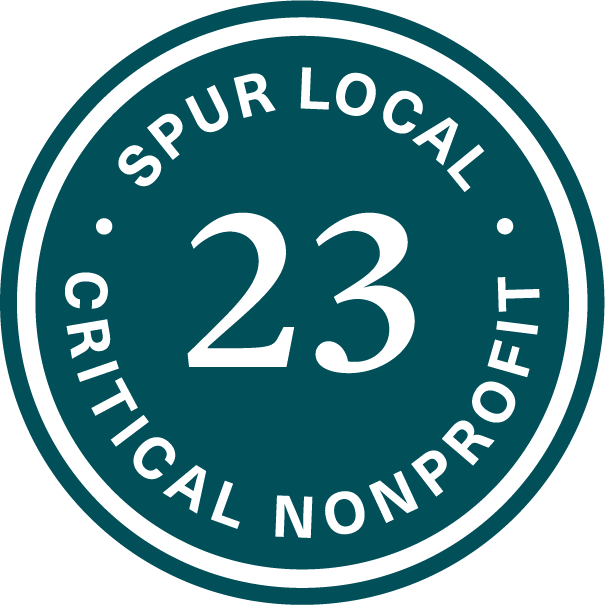
It's rare to see prosecutors and defense attorneys in complete agreement.
But at our March 27 Dialogue program, US Attorney for DC Ronald Machen and PDS's Michael Satin concurred: cameras in the courtroom can have a chilling effect on witness testimony and, for defendants, may lead to inaccurate and unfair associations with guilt before it’s determined.
W*USA-TV’s Fred D’Ambrosi and Radio Television Digital News Association’s Kathleen Kirby, on the other hand, unanimously called for more access to these public proceedings in the interest of public education and free speech.
US District Court for DC Chief Judge Royce Lamberth provided some context for the Supreme Court’s eventual denial of the request by national media organizations, led by the Reporters Committee for Freedom of the Press, to broadcast the Affordable Health Act hearings: Supreme Court justices converse with each other during hearings through their questions to counsel. The concern is that broadcasting may change the dynamic of that process, which is unique to the Supreme Court and done, in part, to persuade other justices to join with a particular view of the case.
Lucy Dalglish, the moderator for “The Technology and Law of Cameras in the Courtroom” program, asked several questions of the panel about the historical concerns of the size and intrusiveness of cameras, which has now largely disappeared due to technological advancement. DC Superior Court Judge Jose Lopez and Chief Judge Lamberth indicated that the intrusiveness is largely a non-issue; of more relevance are witness concerns and the effects of an unintentional mistake by a broadcaster in showing the face of a witness or a juror. There was also an exploration of Congress’ most current attempt to compel the Supreme Court to broadcast its hearings, which would likely result in the Court addressing it in a separation of powers context.
The program was covered in some detail by the Legal Times. The blog article can be found at http://legaltimes.typepad.com/blt/2012/03/judges-attorneys-debate-cameras-in-the-courtroom.html
Thank you to Venable LLP for hosting the program and to the State Justice Institute for supporting the CCE Bench-Bar-Media Dialogue Project.


